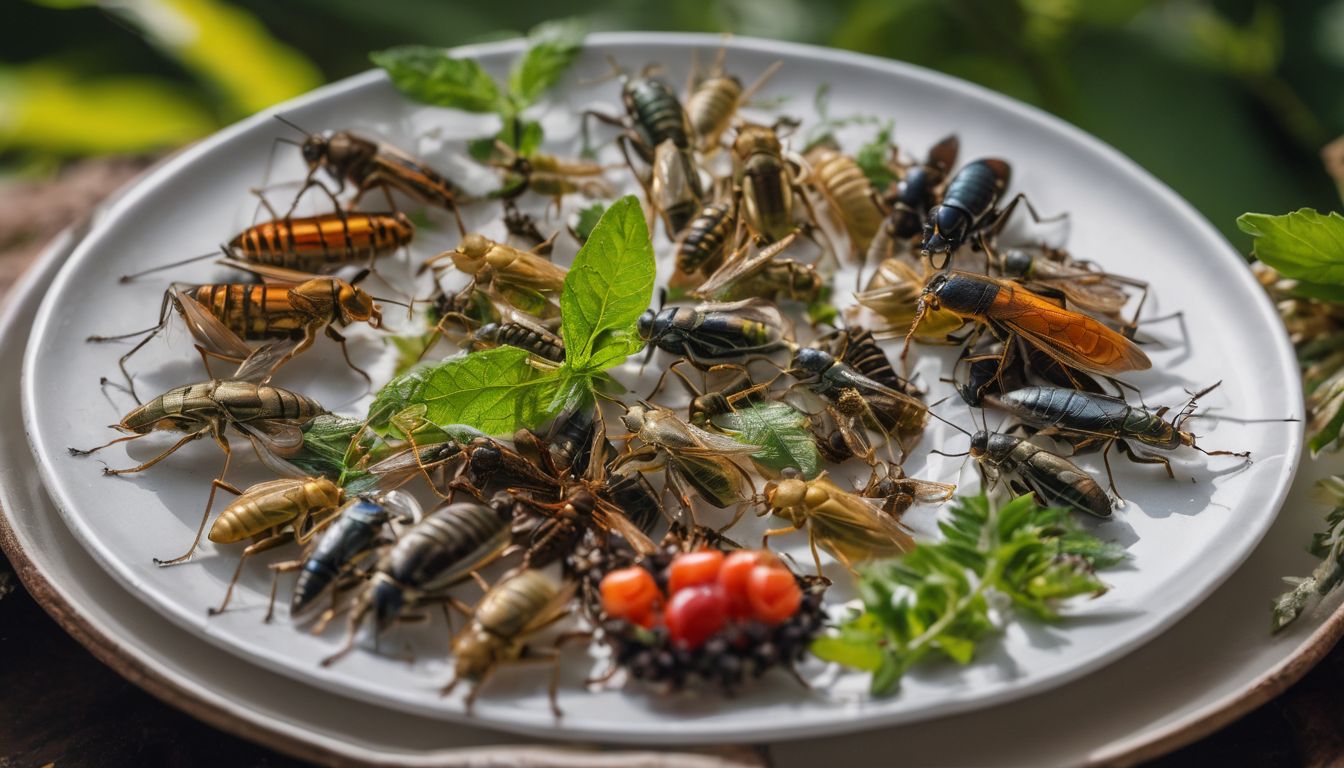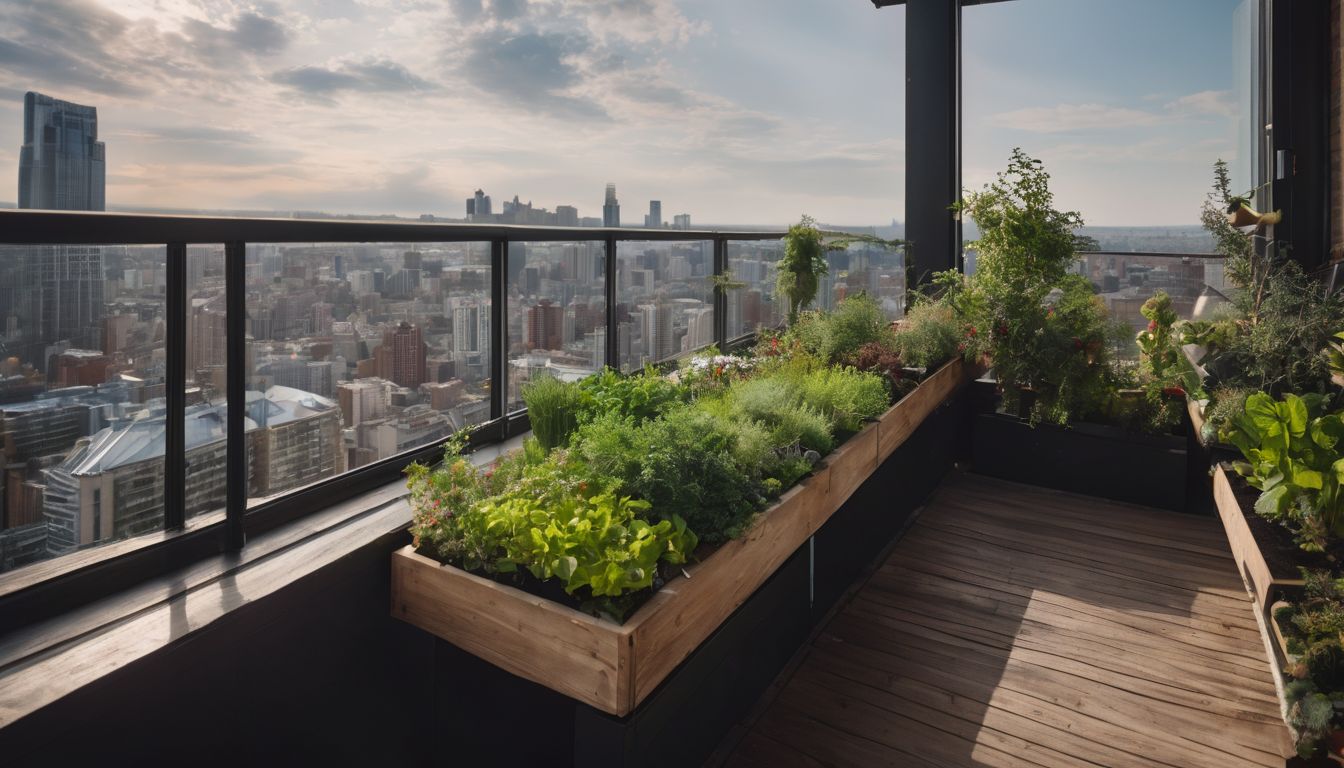Why Sip Organic Beer and Wine? While we all enjoy our glass of wine or bottle of beer, the cultivation of the fruits and grains of our leisure can be quite harmful to the planet. Grapes are one of the most heavily sprayed crops in the United States. The heavy use of pesticides leads to soil erosion and ground water seepage. The synthetic chemicals are also harmful to human health. In the same vein, the organic production of beer also reduces the amount of pesticides, herbicides, and fungicides introduced into the soil and atmosphere in the cultivation of grains and hops. So, opting for wines made from organically grown grapes, grains, and hops is beneficial for both the environment and for your health! Salud!
BENEFITS FOR THE ENVIRONMENT:
Conventionally grown grapes rely heavily on the use of pesticides and synthetic fertilizers. These chemicals rob the soil of nutrients, seep into ground water, pollute the air, and damage the grape vines. In organic viticulture, the practice of using harmful chemicals is replaced by more ecological practices. Natural sources of fertilizers such as manure are used in place of synthetic ones and cover crops are planted in order to attract bugs that are predators of pests. This not only eliminates the need for pesticides, but it also increases the organic grapes, the entire winemaking process is completed without the use of chemical and non-organic additives. This guide focuses on organic wine because it has a much greater share of the marketplace then organic beer does at the moment.
BENEFITS FOR YOUR HEALTH:
In a recent study comparing organic red wines to conventional red wines, organic wines were found to have the highest amounts of the antioxidant resveratrol. This compound has been linked to the decreased risk of cardiovascular disease associated with the moderate consumption of red wine.
Cost: Varies, most likely moderate.
Just like non-organic wines, the prices of organic wines vary considerably. They are generally more expensive than your cheapest alternative because they have a shorter shelf-life and require more care to grow the grapes. But you can always find a good value organic wine, and they will definitely be less expensive than all those longstanding expensive vintages ☺ Your locally brewed beer should also be less expensive than many of your imported favorites!
Time and Effort: Low
While certified organic wines are typically labeled as such and easy to spot, wines made with organically grown grapes may be a little harder to find. Because of the shortcomings of wines initially labeled as organic, many wineries are hesitant to put the term on their bottles.
The Wine-Making Process: There are two processes relevant for organic certification- the grape growing and the bottling process.
Grape Growing
This is probably the most familiar to organic aficionados. Growing grapes faces many of the same challenges as other crops, leading many farmers to use chemical fertilizers and pesticides on their crops to maximize yields and profits. As with most wine-related things, there is also a French aspect to all of this—the terroir, i.e. land. Many organic proponents believe in the sanctity of the Earth from a spiritual perspective (as opposed to a resource based view), and feel that chemicals taint the terroir, destroying the unique flavor from the special relationship between the land and the grapes.
Processing
Numerous factors affect the resource stream during processing, from yeast choices to the storage conditions. When it comes to organic certification, sulfites stand out as the biggest concern. Sulfites occur naturally during the fermentation process as a byproduct from the yeast’s activity. However, many vintners add synthetic sulfites to preserve the bottle longer than just the couple of years typical of organic wines. This isn’t to forget about the winemaking facilities or packaging, but rather to focus on the contents of the wine. In fact, boxed wine may be the most eco-friendly. Slap the bag anybody??
USDA Organic Certification
100% Organic: To be certified as 100% organic, the wine must be made with 100% organic ingredients, have an ingredient statement on the label that identifies organic ingredients, and specify the certification agency. In addition to this, 100% organic wines may not contain any added sulfites and the concentration of any naturally occurring sulfites may not exceed 100 parts per million. It is rare to find wine in this category because sulfites are often added to wine in order to maintain stability and extend shelf life.
Organic: Organic wines must be made with a minimum of 95% organic ingredients, have an ingredient statement on the label that identifies organic ingredients, and specify the certification agency. Non-organic ingredients may only be used when no organic alternative is available. Organic wines may not be treated with sulfites and those naturally occurring may not exceed 100 parts per million. These wines are also rare due to the regulation of added sulfites.
Made with Organically Grown Ingredients: Wines given this distinction must use a minimum of 70% organically grown ingredients, have an ingredient statement on the label that identifies organic ingredients, and specify the certification agency. The addition of sulfites is allowed but the total concentration may not exceed 100 parts per million. These wines can also be labeled as, ‘Made with Organically Grown Grapes’ or ‘Made with Organic Grapes’.
Note: There are wines on the market that are made from organic grapes but may lack the organic distinction. Some winemakers refuse to provide ingredient labels while others continue to add sulfites beyond what may be labeled “organic.”
Some Options for Finding Organic Wines:
Frey Vineyards
Coates Vineyards
You are also certain to find a good selection of organic wines at markets such as Whole Foods.
European Union Organic Certification
As of February 2012, organic wine growers will be permitted to use the term “organic wine” on their labels beginning with the 2012 harvest. The new regulations focus primarily on the production side, as standards already exist for growing organic grapes. Organic wines will not be allowed to have sorbic acid and desulfurication. Additionally, sulphites must be at least 30-50 mg lower than their conventional peers. The grape growing process already had organic certifications available, but French grape growers also will often follow these two philosophies:
Natural Wine: The production of natural wines shy away from the use of chemicals and other additives. Grapes are handpicked, left to ferment naturally, and bottled without added sugars or sulfur. Natural wines cannot be mass-produced, and importing them can be expensive because they must be shipped refrigerated in order to maintain temperatures under 14°C. Most of these wines are not labeled “natural,” so the only way to truly know if your wine is natural is to visit the vineyard.
La Lutte Raisonée (‘The Reasoned Struggle”): Grapes grown in this manner by French winemakers stress organic methods of cultivation but are not regulated and need not to conform to any restrictions. The ladybug mark on their wine bottles, symbolizing the drive to implement more sustainable and eco-friendly cultivation methods, serves to designate wines produced from La Lutte Raisonée theology. The choice to omit or minimize sulfites and chemical additives is left up to each vineyard.
Where to find:
Louis/Dressner Selections: is a New York based wholesaler, but they may be able to help you locate a retailer in your area.
Biodynamic Wines
The biodynamic farming process is similar to the organic farming process in that the use of pesticides and synthetic fertilizers is prohibited. Biodynamic farming takes this a step further, and can primarily be thought of as growing the soil (as opposed to growing plants). Growing the soil allows the soil to naturally grow the plants without the need for extra nutrients. All materials used in a biodynamic farm are generated from within the farm. Planting, fertilizing, pruning, and harvesting times are dictated by lunar phases and the wines produced from this method are said to be truly representative of their origin. The main certifying body for biodynamic wines is the Demeter Association and is internationally recognized.
Finding the Right Wine
Taste, taste, taste, and taste some more! In order to find an organic wine fit for your palate, you will need to do some tasting. Go to your local wine bar and try the organic wines they have in stock. With any luck the staff will be knowledgeable enough to direct you to the wines that are organic but aren’t labeled. Whole Foods Market stores also carry a varied selection of organic wines. To become more familiar with organic wine labels before you head to the market, you may want to browse theses sites:
Organic Wine Journal
The Organic Wine Company
Appellation Wine and Spirits (Based in New York City)
Not a wine aficionado? Take a look at these sustainable beers to enjoy!
Organic Beer
The organic production of beer reduces the amount of pesticides, herbicides, and fungicides introduced into the soil and atmosphere in the cultivation of grains and hops. Here are a few organic brews to peruse:
Eel River Brewing Company: Located in California’s Humboldt County, The Eel River brewing Company was the first brewery to be certified organic. Only available in a handful of states, most of which are on the west coast, you may have to stop by and check out their taproom and grill the next time you are in the area to enjoy a brew or two.
Butte Creek Brewing Co: They brew both organic and non-organic beers so look at the label before you buy. It’s not available in all states, but they are generally available in the western states as they are based in Chico, California.
Microbreweries are also another good option. For the most part these brews are intended for local consumption, which means that less fossil fuel is used in their distribution. Realbeer.com has a locator you can use to find a microbrewery near you.




